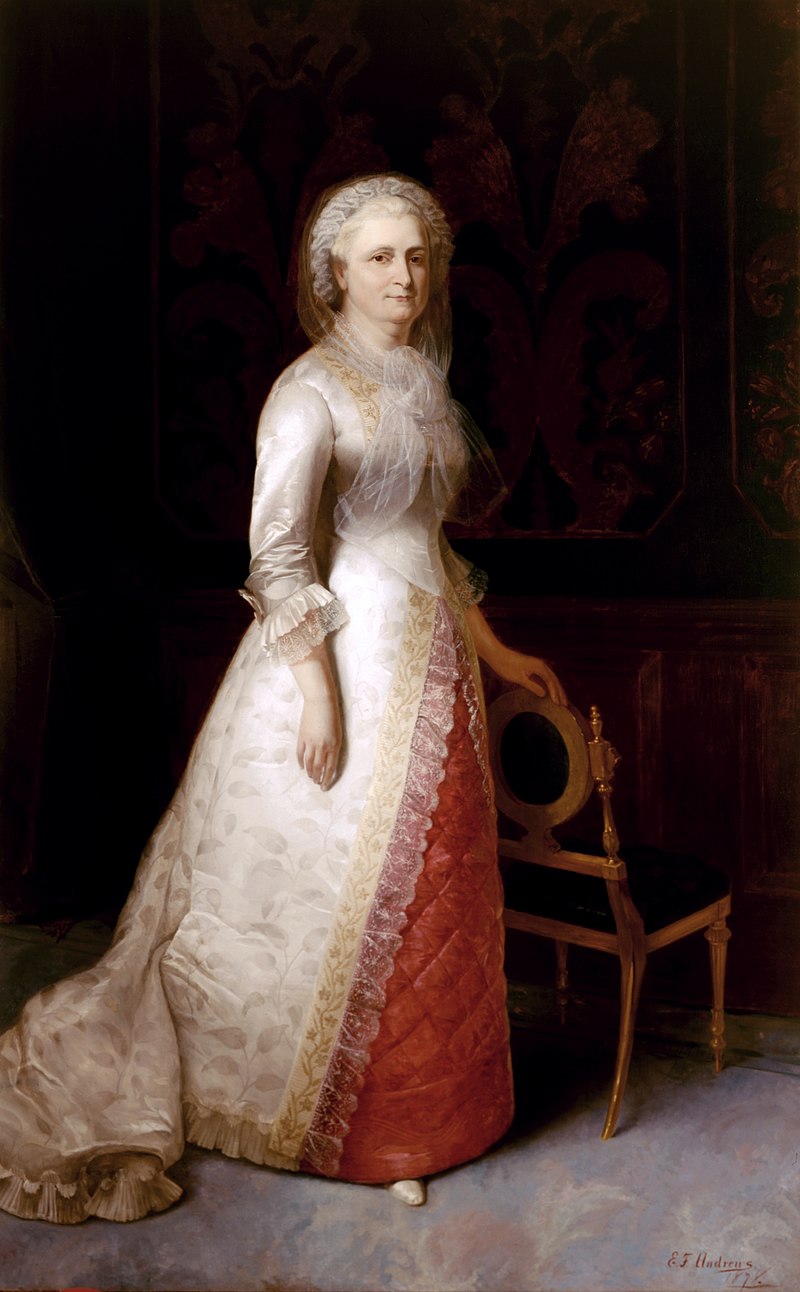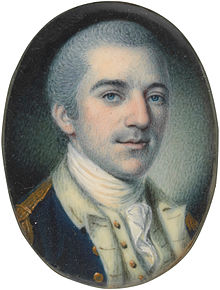On July 4, 1786, Alexander Hamilton gave an oration to the memory of Nathanael Greene in front of an audience of fellow Revolutionary veterans in the Society of the Cincinnati. Greene had died unexpectedly of heatstroke on June 19, 1786 at his home in Georgia.
Hamilton noted the strong connection that he felt to Greene because of their shared service to their country.
All the motives capable of interesting an ingenuous and feeling mind conspire to prompt me to its execution. To commemorate the talents virtues and exploits of great and good men is at all times a pleasing task to those, who know how to esteem them. But when such men to the title of superior merit join that of having been the defenders and guardians of our country—when they have been connected with us as companions in the same dangers, sufferings, misfortunes and triumphs—when they have been allied to us in the still more endearing character of friends—we recal the ideas of their worth with sensations, that affect us yet more nearly, and feel an involuntary propensity to consider their fame as our own. We seem to appropriate to ourselves the good they have acquired, and to share in the very praise we bestow.

Hamilton spoke of the potential of revolution to provide opportunities for people to display their talents and virtues.
It is an observation as just as it is common that in those great revolutions which occasionally convulse society human nature never fails to be brought forward in its brighest as well as in its blackest colors: And it has very properly been ranked not among the least of the advantages which compensate for the evils they produce, that they serve to bring to light talents and virtues which might otherwise have languished in obscurity or only shot forth a few scattered and wandering rays.
Although he was speaking about Greene, Hamilton could have been talking about his own dreams of glory in revolution. He noted that Greene would have been destined for a more ordinary life if it had not been for the “violated rights of his country” calling “him to act a part on a more splendid and more ample theatre.” Given this opportunity, Green did not hesitate to take action and risk everything.
Happily for America he hesitated not to obey the call. The vigor of his genius corresponding with the importance of the prize to be contended for, overcame the natural moderation of his temper; and though not hurried on by enthusiasm, but animated by an enlightened sense of the value of free government, he chearfully resolved to stake his fortune his hopes his life and his honor upon an enterprise of the danger of which he knew the whole magnitude in a cause which was worthy of the toils and of the blood of heroes.
Hamilton proceeded to give a long, but riveting (and slightly embellished) account of Greene’s military accomplishments and his instrumental role in battles in South Carolina and Georgia.
Hamilton spoke of the eternal gratitude of the citizens after the battles:
The evacuation of the two capitals of South Carolina and Georgia intirely restored those states to their own governments and laws. They now hailed the Illustrious Greene as their defender and deliverer. Their gratitude was proportioned to the extent of the benefits resulting from his services nor did it shew itself in words only but was manifested by acts that did honor to their generosity.
Hamilton concluded by lamenting that Greene was “only allowed to assist in laying the foundation and not permitted to aid in rearing the superstructure of American greatness[.]”
But where alas is now this consumate General, this brave soldier, this discerning statesman, this steady patriot, this virtuous citizen, this amiable man? Why could not so many talents, so many virtues, so many bright and useful qualities shield him from a premature grave? Why was he not longer spared to a country which he so dearly loved, which he was so well able to serve, which still seems so much to stand in need of his services? Why was he only allowed to assist in laying the foundation and not permitted to aid in rearing the superstructure of American greatness?
A contemporary description of the event called it an “elegant eulogium” and noted that the President, Vice-President, senate, the speaker, and the house of representatives all attended. (Note that because this was before the Washington Administration, the President and Vice-President at this time were elected under the Articles of Confederation).



